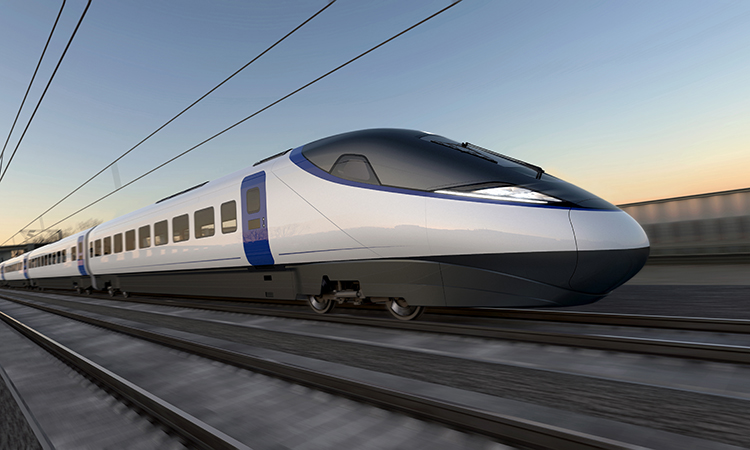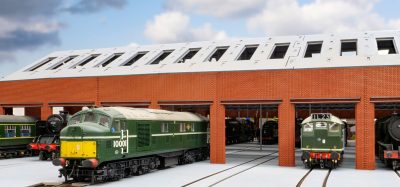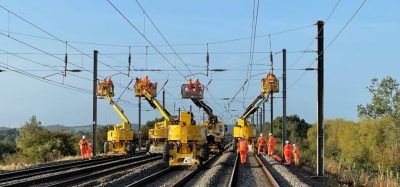The HS2 Timeline: Part 1
Posted: 22 April 2024 | Emily Budgen | No comments yet
Read part 1 of Global Railway Review’s HS2 timeline, detailing the origins and planning stages of the UK high-speed rail project.


Credit: HS2
The HS2 project has been ongoing in the UK for over a decade. Its timeline, however, is by no means straightforward.
Here are the origins of HS2; who first thought of the high-speed rail? What is its legislative history? What were the early stages of construction?
2009
The first high speed rail line in the UK opened in 2003, High-Speed 1 (HS1), linking the Channel Tunnel to London.
At the end of 2009, then Labour Prime Minister Gordon Brown promised £20 billion for rail infrastructure between the North and South of England. The Department for Transport announced a case to examine the possibility of a second high speed rail line. This would be run by a new company, HS2 Ltd.
Initially the DfT estimated that the cost of the first 190 kilometre (120 miles) section, between London and Birmingham, was £15.8-17.4 billion, with the entire Y-shaped route costing between £30.9 and £36 billion. This excluded the Manchester Airport station, which was to be locally funded.
2010
The new coalition government, under Conservative Prime Minister David Cameron, and Liberal Democrat Deputy Prime Minister Nick Clegg, commit to a high-speed rail programme, as part of their low carbon economy plan.
Subject to public consultation, the route proposed was a Y-shape, starting at London, going to Birmingham, with one branch going to Manchester, the other to Leeds. This was the design originally proposed by the preceding Labour government, with some adaptations due to noise and pollution concerns.
2012
In 2012, then Secretary of Transport, Justine Greening announced that the project would be undertaken in two phases, starting with two hybrid bills. The coalition therefore give the project the go-ahead signal. It is noted at this stage that costs have risen to £32.7 billion.
2013
The coalition government provide an updated price for the HS2 project, which is closer to £50 billion. The railway is set to become operational in 2026, with works completed by 2033.
2014
The courts reject all the outstanding appeals from opponents of HS2. Previous concerns were noted by environmentalist groups, arguing for the preservation of the area for wildlife, such as bats and owls. Other such organisations who expressed opposition to HS2 include The Woodland Trust, and the Green Party, who voted to oppose the project at their 2011 conference, and UKIP.
*GRR has been covering this project since the beginning. Click here for a selection of HS2-related articles.
More Like This
California High-Speed Railway Timeline: Part 1
Finland takes a leap towards ERTMS and FRMCS
OFF THE RAILS: Secretary General of the AERRL, Carole Coune
Related topics
Cargo, Freight & Heavy-Haul, European Rail Traffic Management System (ERTMS), High Speed Two (HS2), High-Speed Rail, Infrastructure Developments, Operational Performance, Passenger Experience/Satisfaction, Rail Fares/Ticket Pricing, Regulation & Legislation, Rolling Stock Orders/Developments, Route Development, Sustainability/Decarbonisation, The Supply Chain, The Workforce, Track Construction, Track Maintenance Machinery, Track/Infrastructure Maintenance & Engineering, Tunnelling
Related organisations
Conservative Party, HS2, Labour Party, Liberal Democrats, The Green Party, UKIP








